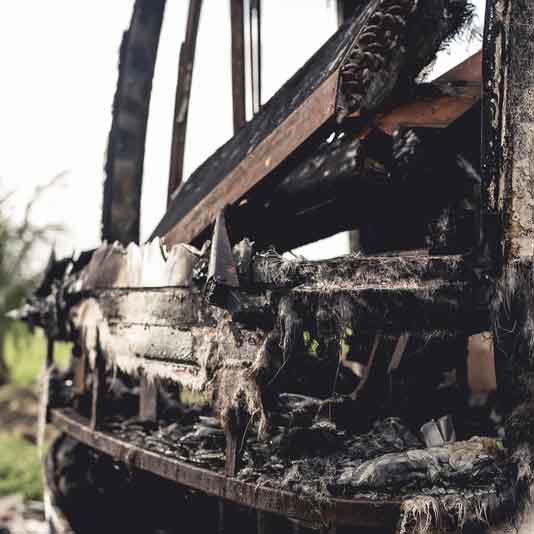In Balochistan, Pakistan, a devastating attack carried out by militants left 23 people dead on August 26, 2024. The victims were targeted after their vehicles were stopped and their identification papers were scrutinized by the assailants, as reported by local officials. This attack is part of a wider series of orchestrated assaults that led to numerous deaths and significant damage to infrastructure across the province.
The separatist group, Baloch Liberation Army (BLA), claimed responsibility for the assault. The group is known for its intensifying insurgency and is believed to have targeted passengers from Punjab, executing them roadside. Local official Najibullah Kakar estimates that around 30 to 40 militants were involved in the attack. Vehicles were stopped between districts, passengers’ identities were verified, and then they were fired upon.
The violence in Balochistan is not confined to this single incident. That same day, militants attacked police stations, train tracks, and other civic facilities across the province, leading to additional casualties. In separate attacks, at least 38 people lost their lives, including police officers and civilians in the Qalat district. A railway bridge was also bombed by militants, causing severe damage and disruptions to regional transportation.
In response to the attacks, security forces launched operations targeting the insurgents, leading to at least 12 militant deaths, as reported by Pakistani Interior Minister Mohsin Naqvi. The attacks were described by Naqvi as a “well-thought-out plan to create anarchy in Pakistan,” and drew strong condemnation from Prime Minister Shehbaz Sharif, who pledged to bring those responsible to justice.
The BLA is striving for Balochistan’s independence and has been active in attacking non-Baloch civilians, particularly those from Punjab and Sindh, as well as foreign companies involved in energy projects. The group alleges that the central government is exploiting Balochistan’s natural resources without providing benefits to the locals.
The recent rise in violence coincided with the anniversary of the death of Nawab Akbar Bugti, a well-known Baloch nationalist leader who was killed by Pakistani security forces in 2006. Many analysts believe that these attacks were intended to show defiance to the central government and interfere with ongoing development projects, such as the China-Pakistan Economic Corridor.
As the insurgency in Balochistan shows no signs of slowing down, security forces are maintaining a high level of alertness. The region, although rich in natural resources, is riddled with poverty and unrest, making it a hotspot for conflict between separatist groups and the Pakistani government.

